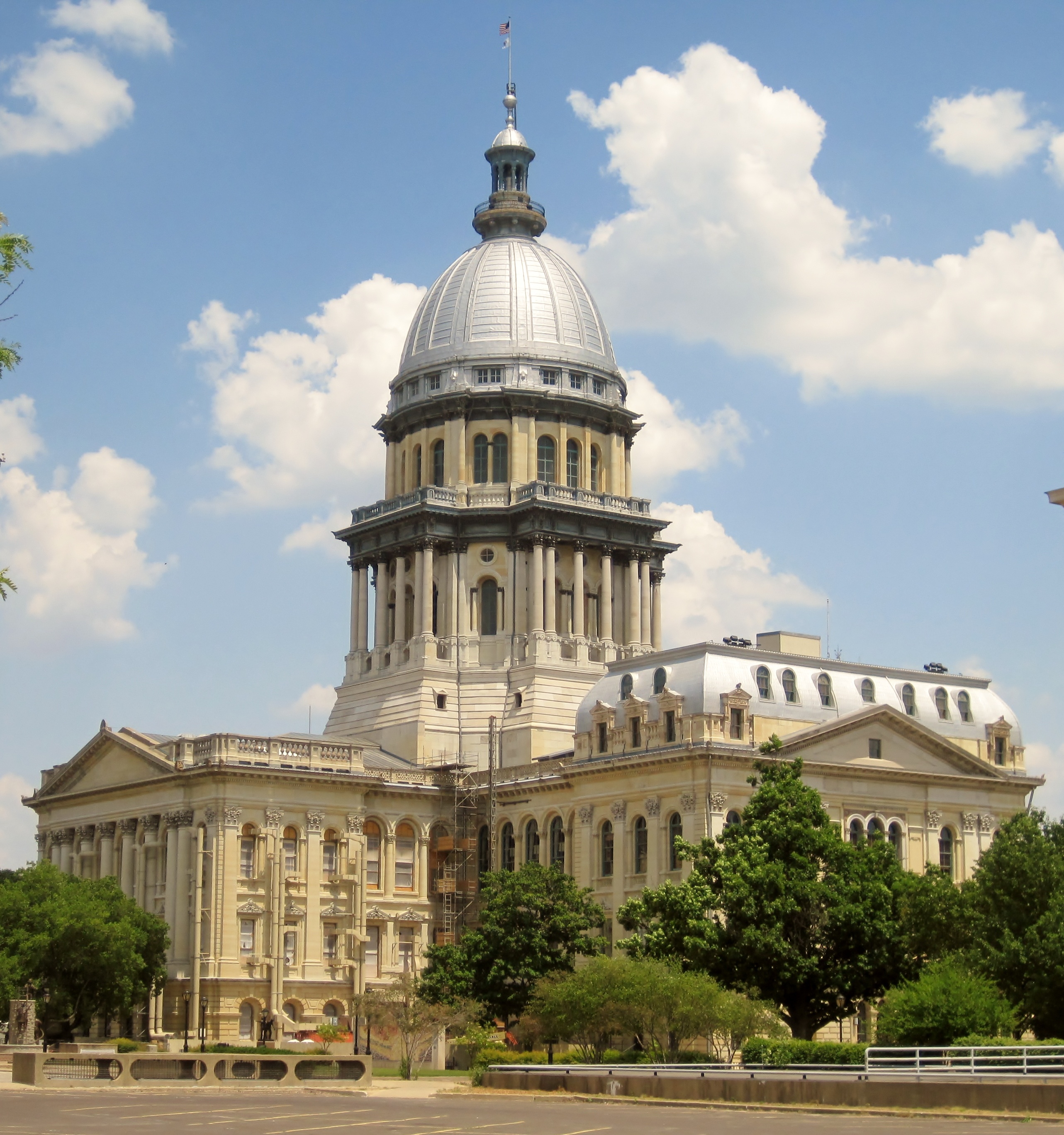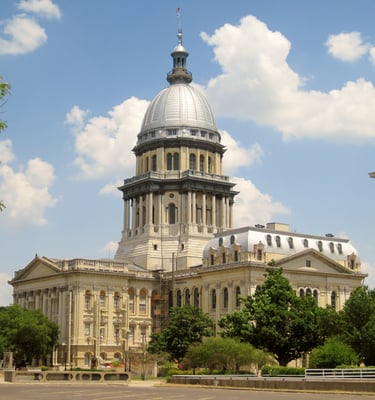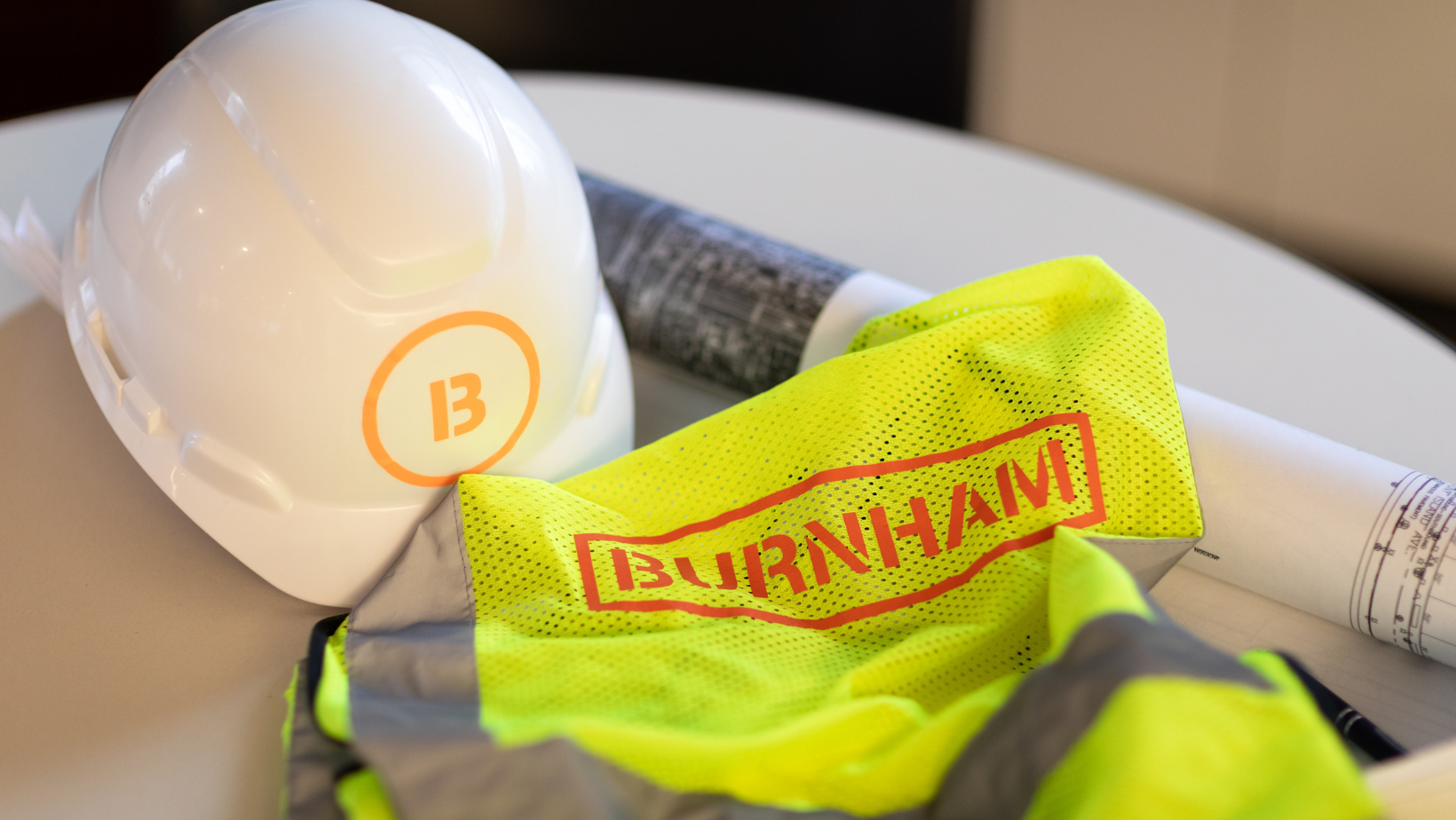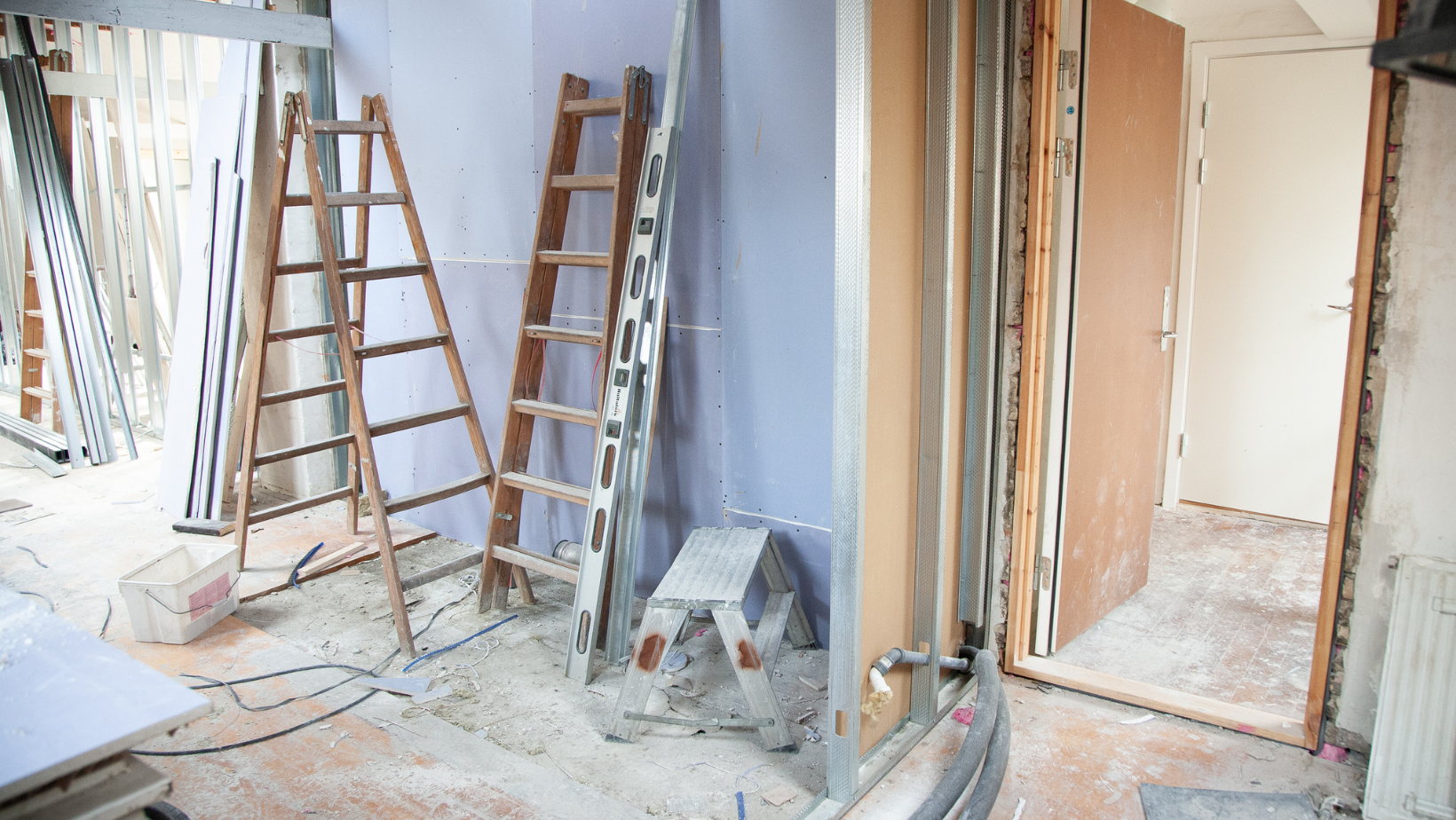Illinois Net Metering Update: the Journey of an Illinois Rule

Posted by Arlene Haas, JD

Last November, the Illinois Commerce Commission (ICC) approved changes to Illinois’ net metering rules. The changes were proposed, in part, to provide support for community solar and greater information sharing. The current status of the rule amendments has created confusion. Despite the ICC’s order recommending the changes, the revised rules are not final and may be subject to change. We at Burnham thought it would be helpful to provide an overview of the Illinois rulemaking process, as well as look more closely at the proposed amendments to Illinois’ net metering rules.

Illinois’ Process for Rule Amendments
The ICC regulates both Illinois public utilities and alternative retail electricity suppliers given Illinois consumers may choose to purchase their electricity from alternative retail electricity suppliers instead of a utility. As part of its responsibilities, the ICC develops rules to implement the statutes it is charged with administering. However, the Illinois Administrative Procedures Act requires the Illinois General Assembly’s Joint Committee on Administrative Rules (JCAR), a bipartisan committee, to oversee rulemaking by the ICC and other state agencies. Therefore, any rules or rule changes the ICC recommends adopting will not become final until reviewed by JCAR.
There are several types of rulemakings in Illinois. The amendments to the net metering rules represent the most common type of rulemaking, called proposed or regular rules, which includes new or amended rules. A proposed rule must be published in the Illinois Register, the official state publication distributed weekly. The First Notice, the proposed rule’s first publication, opens a public comment period of 45 days or more and may include hearings.
At the end of the public comment period, the ICC decides whether to make changes to the proposed rule based on the public comments. Then, the ICC must send the proposed rule to JCAR, and a notice that JCAR is reviewing the rule, called the Second Notice, appears in the Illinois Register. JCAR can take a number of different actions on the proposed rule. Their input can fall anywhere between stating they have no objection to a rule to prohibiting a proposed rule from being adopted.
Proposed Amendments to Net Metering Rules
Illinois’ net metering law is part of a larger statute, the Illinois Public Utilities Act, and dates back to 2007. The Public Utilities Act Section 16-107.5 requires investor-owned utilities and alternative retail electric suppliers to provide net metering to customers owning sources of renewable energy. Customers’ ability to use net metering, a billing credit for excess electricity sent to the grid, encourages adoption of distributed forms of renewable energy. However, Illinois electricity providers are only required to make net metering available until the combined customers’ total load is the equivalent of 5% of the provider’s peak demand supplied in the prior year. The regulations implementing the statute contain details regarding the net metering program’s design and procedures.
The ICC considered a number of changes to the net metering rules, and the first notice period began when the proposed amendments were published in the Illinois Register on May 8, 2015. The amendments to the rules introduce a definition of “electricity supplier” and also revise the rules to align with statutory changes, such as a modification raising the enrollment cap from 1% to 5% of the peak load demand. In addition, the rule amendments update the electricity provider reporting requirements to include more detailed information about the numbers and types of net metering customers. A new Section 465.55 requires the utility to report interval meter data to customers’ electricity suppliers for billing.
The most controversial of the rule amendments is the new Section 465.90, devoted to meter aggregation. Under the statute, there is a general requirement that each electricity provider must consider whether to permit meter aggregation. Meter aggregation encourages the development of community-owned solar projects. Community solar enables participation in solar programs by customers who don’t own their own homes or can’t afford rooftop solar. As of now, the Illinois electricity providers have not facilitated meter aggregation, and there is basically no community solar in Illinois.
The new Section 465.90 requires electricity suppliers to consider each application for meter aggregation and provide an explanation if the application is denied. The hope is that by adding this provision it will encourage community solar program adoption. However, The Retail Energy Supply Association and Commonwealth Edison opposed the new language for several reasons. They stated the provision conflicts with the statute’s requirements and aggregation of net metering will raise costs for other customers. However, The ICC agreed the new section 465.90 is necessary and recommended its adoption on November 12, 2015, in its Second Notice Order. The net metering rule amendments then moved on to JCAR.
JCAR Review of the Proposed Rule
The net metering rule amendments were reviewed by JCAR at its meeting on April 12, 2016. Prior to the meeting, both sides of the meter aggregation debate raised their concerns with JCAR’s members.
JCAR objected to two parts of the amendments, Section 465.35(b) governing the enrollment cap and the new Section 465.90 regarding meter aggregation. It is JCAR’s view that both of these sections deviate from the text of the Public Utilities Act Section 16-107.5 containing the net metering law. JCAR raised concern about the broader use of the term “electricity supplier” in the regulations than in the statute. For example, the Public Utilities Act states that “electricity provider” shall consider aggregation. However, the rule amendments require “electricity suppliers” to review applications for net metering aggregation. JCAR had no objection to other sections of the amendments.
Current Status of the Net Metering Rule Amendments
The rule amendments are now back with the ICC, and the Commission will decide on the amendments’ status in light of JCAR’s objections. The ICC is required to respond to JCAR’s objections in writing. However, the ICC can make one of three choices with regard to the rule amendments JCAR objected to: (1) modify the rule amendments based on JCAR’s objections; (2) adopt all the amendments without modification; or (3) withdraw the objected to sections of the amendments. However, a rulemaking expires if the rule is not adopted within a year from the First Notice. Given that the net metering rule amendments First Notice was published on May 8, 2015, the ICC must make a decision by May 7, 2016, for the rule amendments to be adopted. The ICC's decision may be impacted by Commonwealth Edison's proposals introduced in the legislature last week to provide additional solar incentives. We at Burnham will provide an update when we learn the ICC’s decision.





